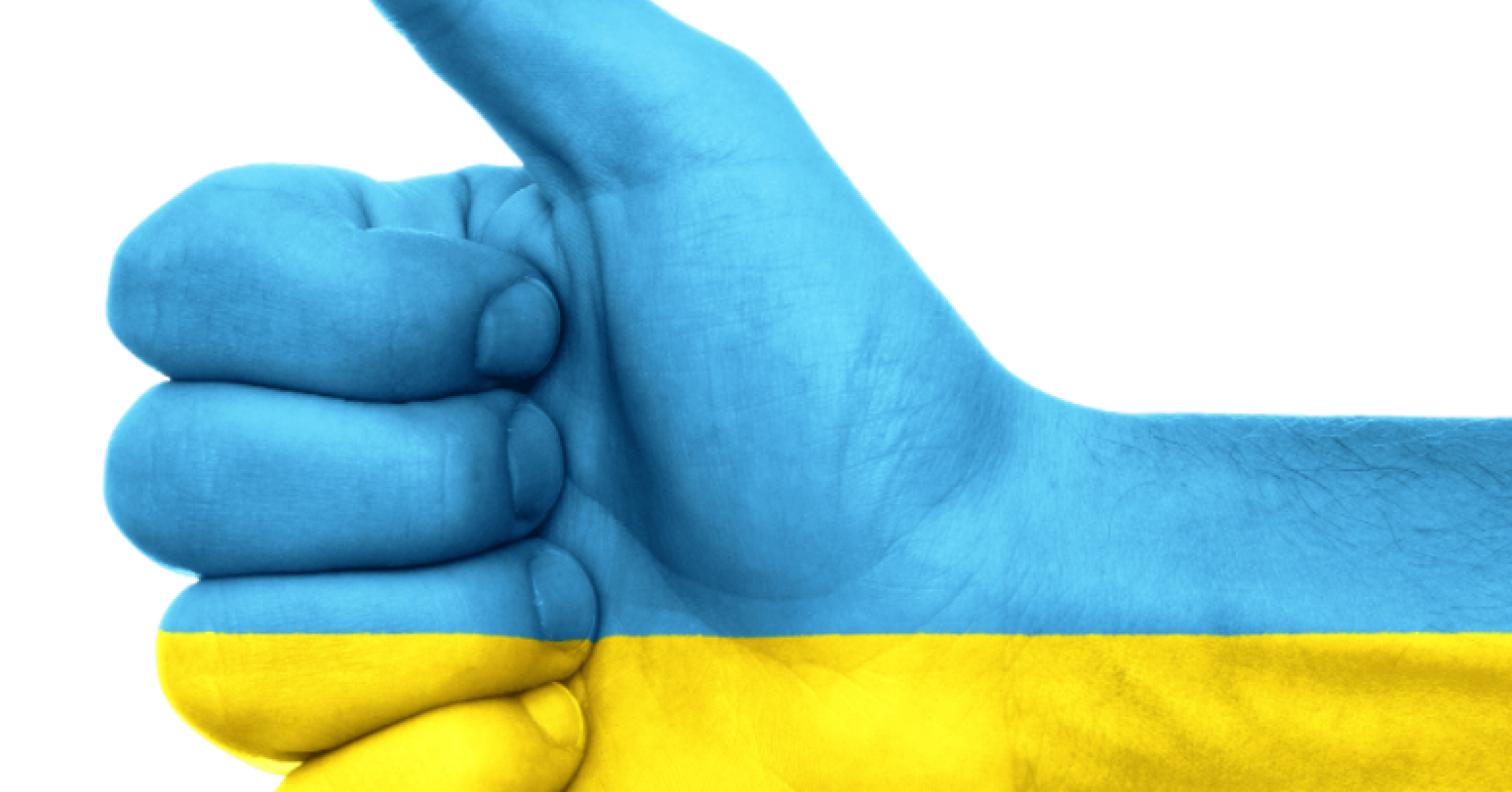
Via Canva Pro
As tensions rise between Israel and Iran, sparking fears of World War III, Gen Z experiences this latest crisis through a fractured, viral lens.
My generation here in the United States sees war live and unfiltered, sandwiched between makeup tutorials and astrology memes on TikTok videos that autoplay endlessly, often set to pop songs like Kesha’s “Blow” and Nicki Minaj’s “Starships.”
There is no central voice guiding us, just random clips, trending audio, and comment sections filled with jokes and sharp insights.
It is not that we care less.
We have only ever known war as something to watch.
Dr. Pamela Rutledge, a media psychologist with over two decades of experience in both behavioral science and media production, explains that memes are more than jokes. They’re cultural storytelling tools. By breaking down complex ideas into concise, emotionally charged, and visually familiar formats, memes influence how we perceive global events.
When Russia’s invasion of Ukraine began, for instance, memes didn’t just entertain. They also cast characters. President Putin’s now-iconic long-table meetings became viral political satire, painting him as isolated, paranoid, and out of touch. As Rutledge notes, this kind of short-form content constructs the emotional narrative of war for Gen Z, framing who is “like us,” who is “the other,” and what stories gain traction.
This trend is especially pronounced on TikTok, where younger users replaced usual dance trends with videos featuring Ukrainian civilians in war, and American teens begging “Vladdy Daddy” (Putin) to stand down, using astrology jokes or trending audio clips.
These videos —some extremely stylized, others brutally raw and upsetting— offer instant and haunting information in three minutes or less. As traditional news sources lose ground with younger audiences, social media sites like TikTok and Instagram have emerged as major influencers.
More than half of U.S. adults under the age of 30 get news from social media platforms, with even the White House taking notice by offering briefings to TikTok creators on the conflict in Ukraine. Critics decry the memeification phenomenon as trivializing the seriousness of war. However, for Gen Z, humor and viral content are among the ways we cope with trauma and stay engaged in a crisis-saturated world. As posited by Rutledge, “Control the narrative, and you control reality,” and this narrative is now being constructed piecemeal on TikTok.
With the ongoing conflict between Israel and Iran and the looming threat of a broader war in the Middle East, Gen Z is coping in the only way they know how—with humor. Often dubbed the “most unserious” generation, Zoomers are leaning into their reputation, posting darkly comedic videos layered with viral audios, incisive captions, and irony-laced takes on potential global catastrophe.
In 2020, one Vox analysis of Iran–U.S. war memes found Gen Z treating the possibility of World War III like a joke, equating it to a Fortnite match or a party invite. There’s something deeply troubling about that, not because humor is inappropriate, but because the platform's design flattens everything —war, dance trends, skincare routines— into the same swipeable blur.
In a world where missiles are going viral under pop hooks, we have to ask: Is TikTok helping Gen Z stay informed, or is it numbing us into detachment? The answer may be both, and that’s the problem with these short video applications.
The Israel–Palestine conflict has already shaped how Gen Z views the Israel–Iran escalation, not through press briefings, but through TikToks and Instagram reels. These bite-sized videos —often filmed by teenagers still figuring out the geopolitical context— may lack depth, but they burn with passion. While older Americans still think of TikTok as an app for dances and filters, the truth is that it’s where our political identities are being formed.
For Gen Z, war is not just happening on foreign soil. It’s unfolding on our screens, amidst trending soundtracks and endless scrolling. We don’t engage with newspapers or wait for press conferences. Instead, we learn about world wars through memes, video clips, and livestreams, often before mainstream media reports them.
Critics say we’re not serious. But what they don’t get is that irony is our armor—a survival tool in a world where every scroll brings a new disaster.
We are not unserious.
We are just screaming into the only void we know: the algorithm.
About the Author
Henders Aponte is a high school student passionate about politics and journalism. He writes about culture, politics, immigration, and education.
And now a word from our sponsor.
Looking for unbiased, fact-based news? Join 1440 today.
Join over 4 million Americans who start their day with 1440 – your daily digest for unbiased, fact-centric news. From politics to sports, we cover it all by analyzing over 100 sources. Our concise, 5-minute read lands in your inbox each morning at no cost. Experience news without the noise; let 1440 help you make up your own mind. Sign up now and invite your friends and family to be part of the informed.
What We’re Reading
Judge Blocks Trump on Asylum Claims: From the New York Times, “A federal judge in Washington ruled on Wednesday that the Trump administration cannot categorically deny asylum claims from people crossing the southern border, striking down a change made on President Trump’s first day in office.”
The Latino Newsletter welcomes opinion pieces in English and/or Spanish from community voices. Submission guidelines are here. The views expressed by outside opinion contributors do not necessarily reflect the editorial views of this outlet or its employees.





